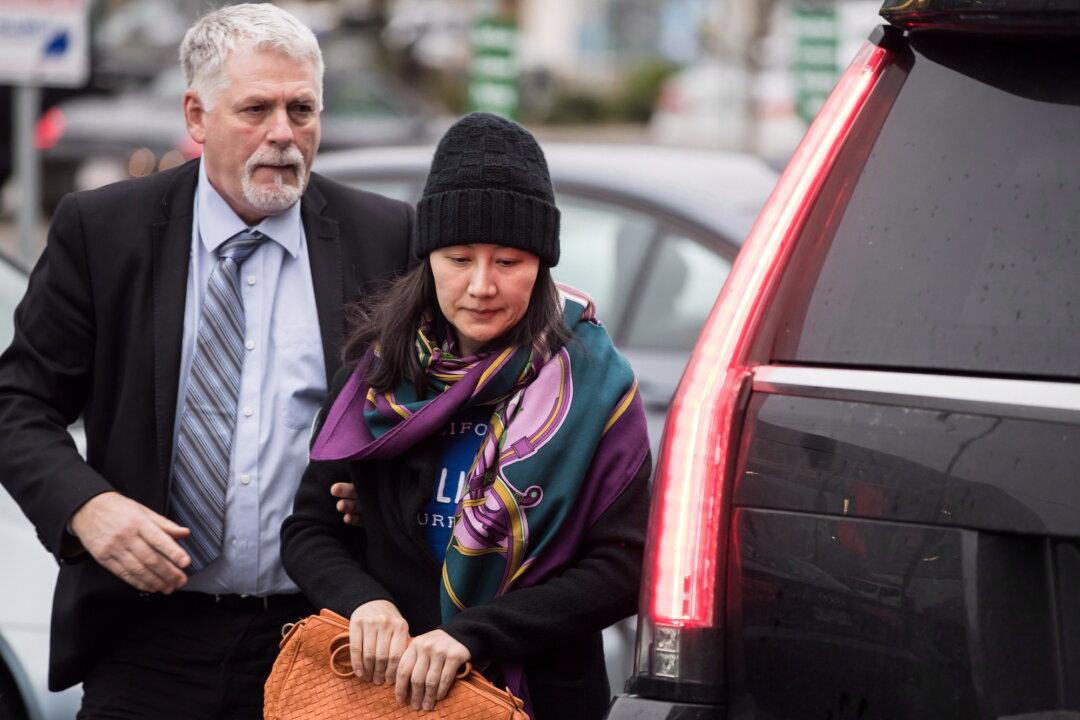For citizens of Canada–or for that matter, citizens of any democratic country–the Huawei controversies (for there are several separate, though linked issues) might be better understood by remembering the parable of the scorpion and the frog.
For those who have forgotten the story, it involves a scorpion asking a frog to carry it across the river on its back. The frog is reluctant, fearing it will be stung. The scorpion dismisses the concern, saying that if it did sting the frog they would both drown.

